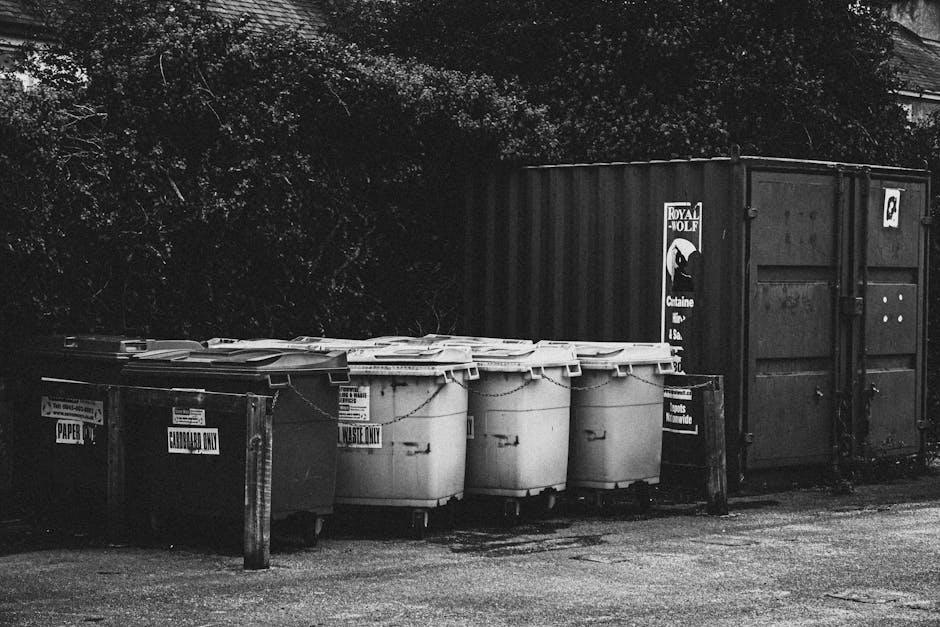Can Ashes Be Composted?
Yes, ashes can be composted. Composting is a natural process that converts organic waste into nutrient-rich soil amendment. While many materials can be composted, there is often confusion about whether ashes should be included in the mix. In this article, we will explore the dos and don’ts of composting ashes to help you make an informed decision for your garden.
The Benefits of Composting Ashes
Ashes, particularly those from wood fires, can be a valuable addition to your compost pile. They are rich in potassium and other micronutrients that can enhance the nutrient content of your compost. Additionally, ashes help modify the pH values of compost, making it more versatile for soil amendment. They can also neutralize odors, making your compost pile more pleasant.
When added to the soil, wood ashes can enrich it by providing essential nutrients such as potassium, calcium, magnesium, phosphorus, copper, and zinc. These nutrients are beneficial for plant growth and can improve the overall health of your garden.
Choosing the Right Ashes
While ashes can be beneficial for composting, it is important to use the right kind of ashes to avoid any adverse effects on your compost and plants. Hardwood ashes, such as those from oak and maple, are generally preferred over softwood ashes like pine and firs. Hardwood ashes contain higher levels of nutrients and are thus more valuable for composting.
It is crucial to avoid using ashes from sources that could introduce harmful substances into your compost. For example, ashes from charcoal, trash fires, treated wood, and cigarette ashes should not be used. These ashes may contain chemicals or toxins that can be detrimental to the health of your compost and plants.
Using Ashes in Compost
When incorporating ashes into your compost pile, it is important to use them in moderation. Too much ash can harm the plants due to its high alkalinity. Before adding ashes, it is recommended to test your soil’s pH to ensure it can handle the additional alkalinity. If your soil is already alkaline or neutral, it is best to refrain from adding ashes.
Add ashes to your compost in small amounts, mixing them with the rest of the compost materials. Sprinkle a thin layer of ash every 12 to 18 inches of organic matter in your compost pile. This will ensure an even distribution of nutrients and prevent the accumulation of excessive alkalinity.
It is also advisable to keep your ashes dry until you are ready to incorporate them into the compost. Wet ashes can clump together, making it difficult to achieve an even distribution throughout the compost pile.
Considerations for Garden Use
If you prefer to use ashes directly in your garden rather than composting them, it is important to exercise caution. Ashes can strongly affect acidity levels, so it is crucial to test your soil’s pH before application. If your soil is already alkaline, adding more ashes can further increase the alkalinity, potentially harming your plants.
When using ashes in the garden, it is recommended to apply them in thin layers and mix them into the topsoil. This will help distribute the nutrients while minimizing the risk of creating an overly alkaline environment. Additionally, avoid applying ashes directly to the base of plants or in excessive quantities, as this can also harm their growth.
Conclusion
Ashes can be composted, but caution should be exercised to ensure the right type of ashes are used and that they are added in appropriate quantities. Hardwood ashes from sources like oak and maple are generally preferred, while ashes from charcoal, trash fires, treated wood, and cigarette ashes should be avoided. By following these guidelines, you can enrich your compost with valuable nutrients and improve the health of your garden.
Related Websites:
FAQs:
Q: What are the benefits of composting?
Composting helps reduce waste, enriches soil, improves plant growth, and reduces the need for chemical fertilizers.
Q: What is the ideal carbon-to-nitrogen (C:N) ratio for effective composting?
The ideal C:N ratio for composting is around 25-30 parts carbon to 1 part nitrogen.
Q: Can ashes be safely composted?
Yes, ashes can be composted safely. However, it is important to follow specific guidelines to ensure proper composting and avoid potential negative effects.
Q: How should wood ashes be composted?
When composting wood ashes, ensure they are fully cooled before handling, mix them with other compostable materials in small quantities, and monitor the pH levels of the compost pile.
Q: What are alternative uses for wood ashes?
Wood ashes can be used as a soil amendment, pest control, or to raise the pH of acidic soil. However, caution should be taken when using them around acid-loving plants.






